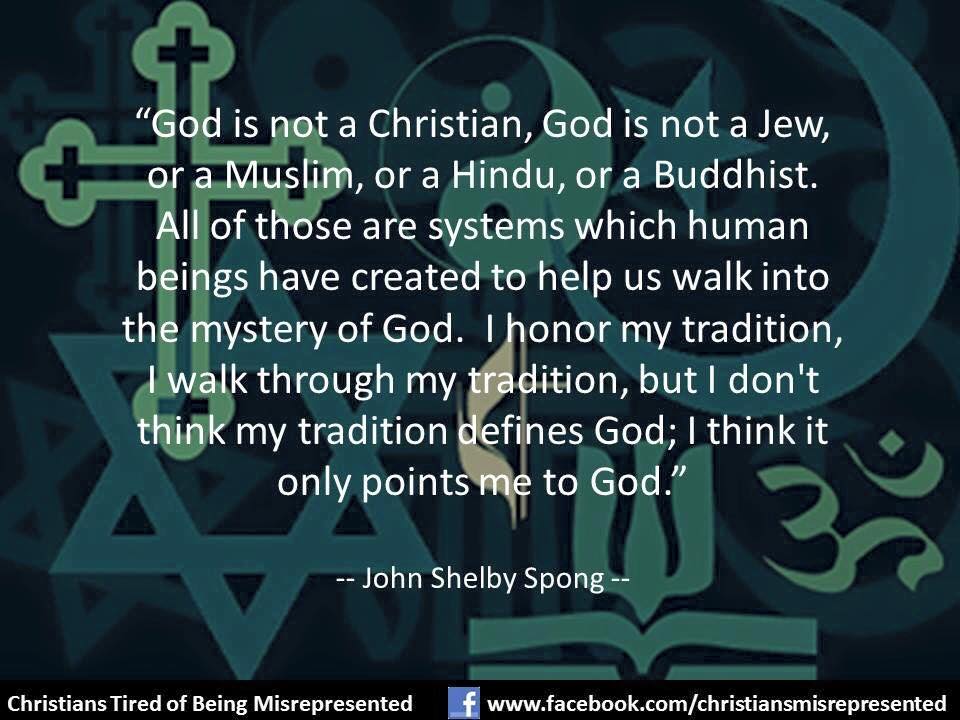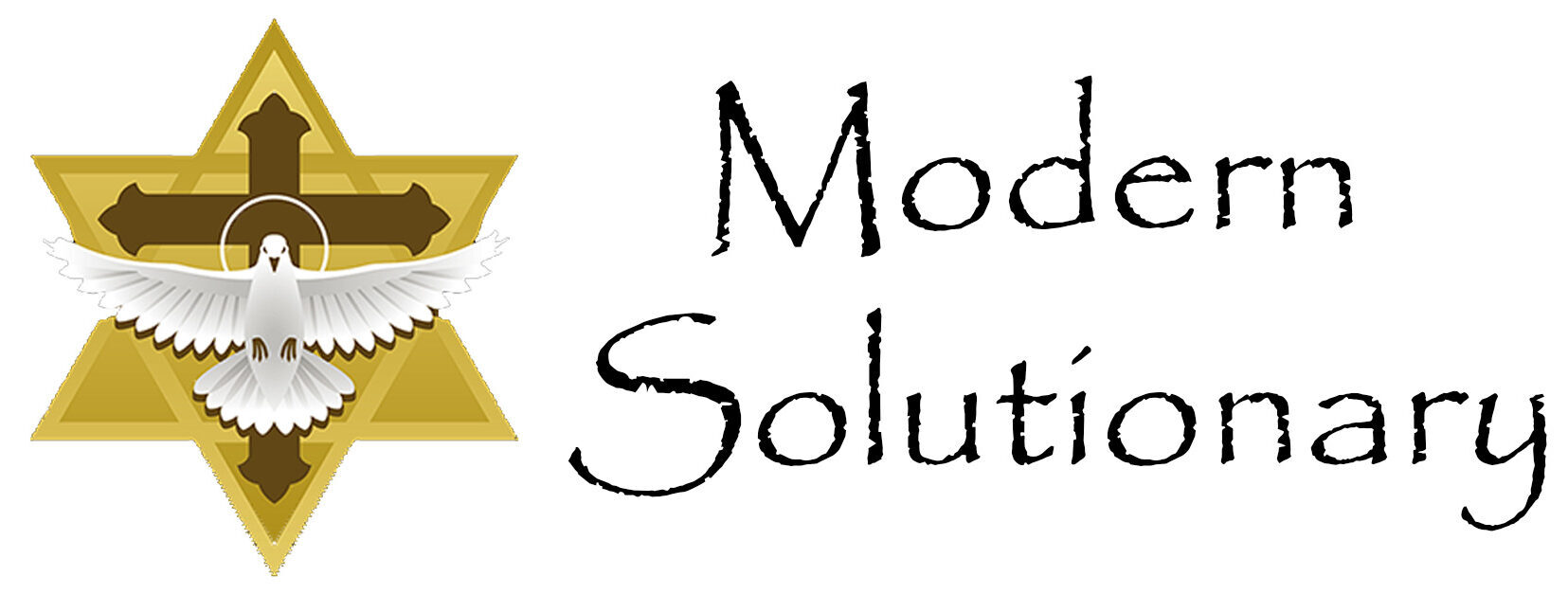
Jesus was a spiritual teacher of the Jewish faith. His teaching led billions of people, throughout the centuries, to what we today call various Christian religions, yet never did He use the word religion. During Jesus’ time, neither Hebrew nor Aramaic had a direct equivalent to the modern concept of “religion” as we understand it today. The focus was more on faith, law, and community practices rather than a distinct category of “religion.”
In Hebrew, terms like “Torah” (law or instruction) and “Avodah” (service or worship) were used to describe aspects of what we might now call religious life. These terms emphasized the practices and laws that governed the relationship between the people and God.
In Aramaic, similar concepts were conveyed through words like “Kedushah” (holiness) and “Tefillah” (prayer). These terms also focused on the actions and attitudes of individuals and communities in their devotion to God.
The word “church” was used by Jesus in Aramaic. It is believed to be derived from the term “ladoth” or “od”. This word means to assemble or gather together, particularly for the purpose of testifying, instructing in matters of law, or calling a witness to testify. The verse where Jesus specifically mentions the church is found in Matthew 16:18. In this verse, Jesus says to Peter:
“And I tell you that you are Peter, and on this rock, I will build my church, and the gates of Hades will not overcome it.”
This statement is significant because it establishes the foundation of His church and emphasizes its enduring strength and divine origin. Jesus’ use of the word “church” here underscores the idea of a community of believers united in faith. It also emphasizes the need for structure and human guidance, with someone at the helm, leading the community of believers.
In Greek, the word used is “ekklesia”, which literally means “the called-out assembly”. This term emphasizes the gathering of people rather than a physical building, aligning with the idea of a community of believers coming together to learn, share, and bear witness to their faith.
This concept of gathering and community is central to the purpose of the church, reflecting its role as a place for believers to come together, support one another, and grow in their faith.
Jesus often focused on the essence of faith as the relationship between individuals and God, rather than on the formalities and structures that we associate with “religion” today. The term “religion” as we understand it wasn’t used during His time.
Instead, Jesus emphasized concepts like faith, love, justice, and mercy. He often critiqued the “religious” leaders of His day for their hypocrisy and for placing heavy burdens on people without offering them true spiritual guidance. His teachings were more about transforming hearts and lives rather than adhering to a set of rituals or laws.
Interestingly, Jesus did adhere to certain rituals and practices of His time, but He often reinterpreted them to emphasize their deeper spiritual significance.
- Observing the Sabbath: Jesus observed the Sabbath but also taught that it was made for man’s benefit, not as a burden (Mark 2:27). He performed healings on the Sabbath, highlighting the importance of mercy over strict adherence to rules (Luke 13:10-17).
- Passover: Jesus celebrated the Passover with His disciples, which is now famously known as the Last Supper. During this meal, He instituted the Sacrament of Holy Communion, giving it new meaning as a remembrance of His sacrifice (Luke 22:14-20).
- Purification Rituals: While Jesus often challenged the Pharisees on their strict adherence to purification rituals, He did participate in some, such as when He instructed a healed leper to show himself to the priest and offer the sacrifices commanded by Moses (Mark 1:40-44). The Sacrament of Baptism is the Christian form of purification.
- Prayer: Jesus frequently engaged in prayer, both privately and publicly. He taught His disciples how to pray with sincerity and humility, as seen in the Lord’s Prayer (Matthew 6:9-13).
These examples show that while Jesus respected certain rituals, He emphasized their true purpose of bringing God’s grace into our lives and the importance of inner transformation over mere external observance.
This approach aligns perfectly to the values of seeking wisdom, truth, and the power of His light. Jesus’ focus was on the deeper, eternal truths and the genuine transformation of individuals through faith and love.
If this is my last post, I want all to know, there was only one purpose for all that I have written; to have made a positive difference in the lives of others.
Anthony “Tony” Boquet, the author of “The Bloodline of Wisdom, The Awakening of a Modern Solutionary”
